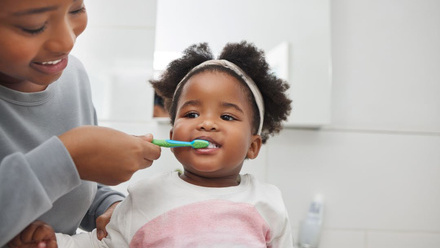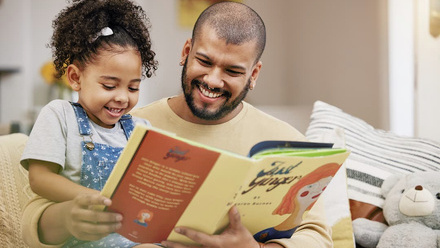Supporting new vocab through festivals/special days
Festivals and special days offer rich, exciting opportunities to build children’s vocabulary in meaningful ways. Celebrating festivals offers children the opportunity to explore new words, understand different traditions and feel proud of who they are. It also sparks curiosity about others and supports their confidence as communicators.
Top tips for supporting new vocab through festivals/special days
- Choose vocabulary intentionally: Select key words or phrases that are meaningful and relevant to the festival or special day being explored
- Make words visual: Use real-life objects, role-play items, photos and picture cards to help children’s understanding
- Embed new words into daily routines: Introduce and revisit vocabulary regularly. Consistently modelling the use of language helps children understand and confidently use new words
- Tell and re-tell stories: Choose diverse picture books and traditional tales that reflect the celebration. Emphasise key words using props, gestures and facial expressions
- Celebrate children’s language use: Give lots of praise when children try new words
- Make it meaningful: Involve families in sharing their own traditions and ways of celebrating, making vocabulary more relevant and personal
- Embed language through play: Use themed resources, cooking, and role-play to introduce and reinforce vocabulary naturally through hands-on experiences
- Keep it relevant: Focus on festivals that connect with your children’s lives and backgrounds. Introduce unfamiliar celebrations through curiosity
- Link vocabulary to emotions and values: Festivals are a great chance to explore words like kindness, hope, sharing, gratitude and love
- Invite families to share their knowledge of a festival: To contribute artifacts, songs or stories to help children create personal connections to new vocabulary.
NDNA products to support you with this tip
Cultural Capital - England Factsheet
Disclaimer: Activities with children must always be risk assessed, including for allergies or choking. Children must always have adequate supervision. Resources and materials must always be appropriate for children’s age and stage of development.





